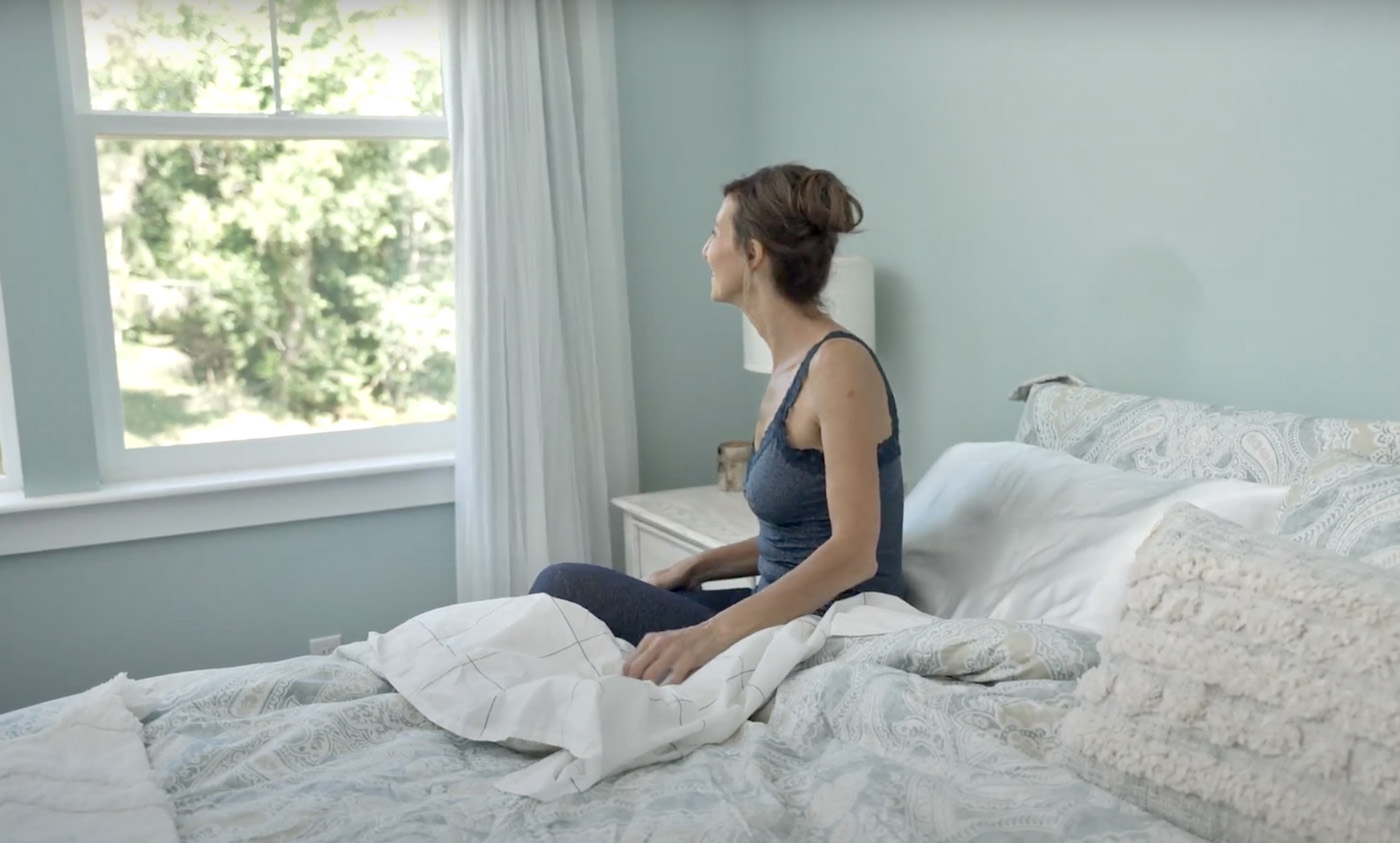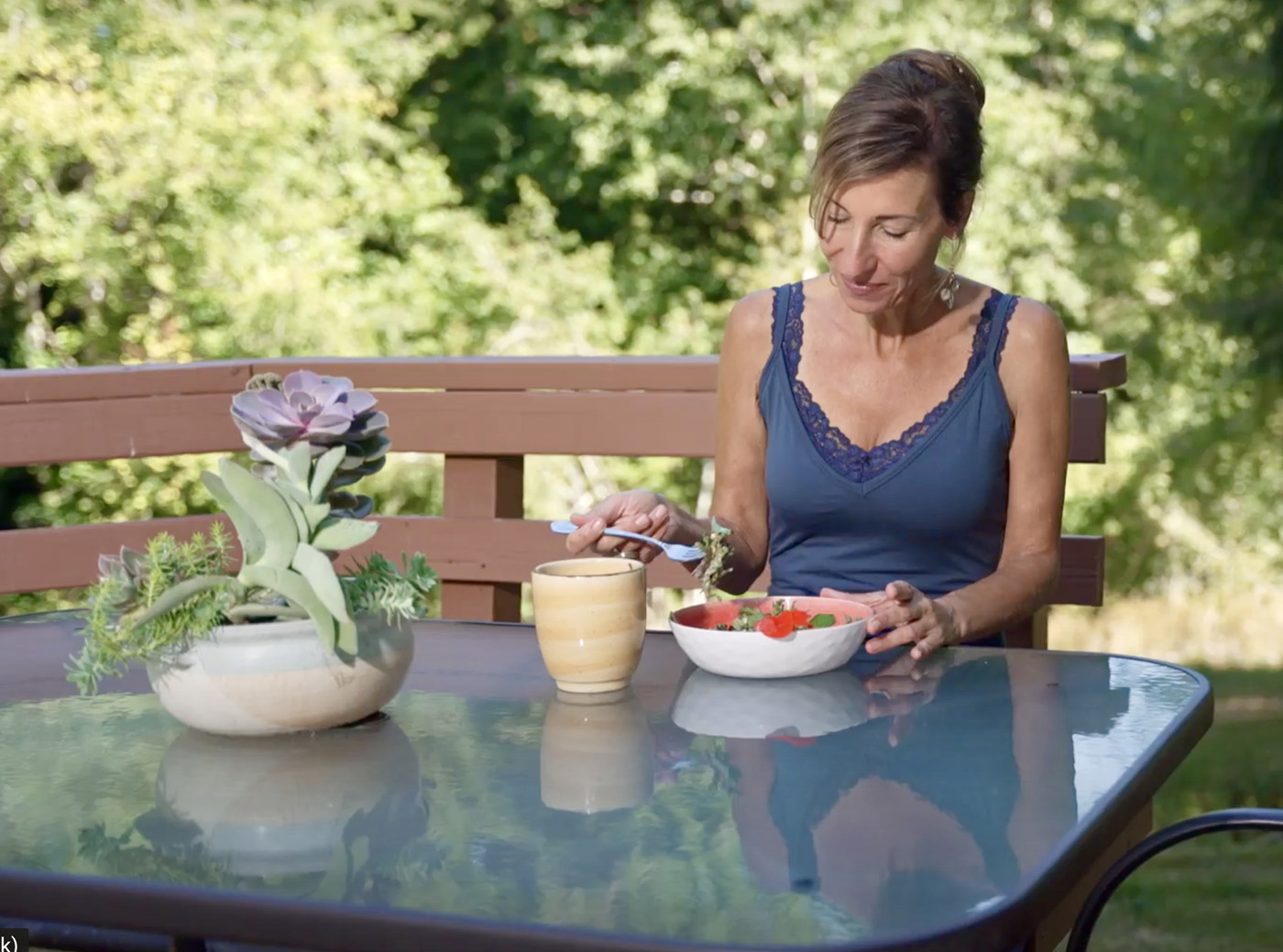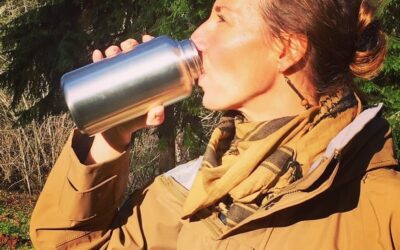When our sleep is disrupted, every area of our life is affected. Health, clarity, mood, energy, and even our weight are all negatively impacted when we do not receive at least seven hours of quality sleep each night. There are a number of reasons why we have sleep issues, which can include stress, anxiety, depression, and hormonal imbalance (especially during menopause).
Poor sleep is also linked to a disrupted circadian rhythm when we do not get enough bright, natural light before noon and are exposed to artificial and blue light after dusk. This disturbance to our natural rhythm can lead not only to restless, shallow sleep and insomnia, but also to fatigue, weight gain, diabetes, and impaired immune function. To learn more about the link between artificial light and poor health outcomes, see my post: “Light Pollution: Why it Matters if You Want to Live a Healthy Life.”
Thankfully, medicinal herbs offer a safe and effective solution for sleep problems. Each of the following herbs has unique, beneficial properties that support deep, restful sleep so that you can begin your day on the right foot, refreshed and energetic.
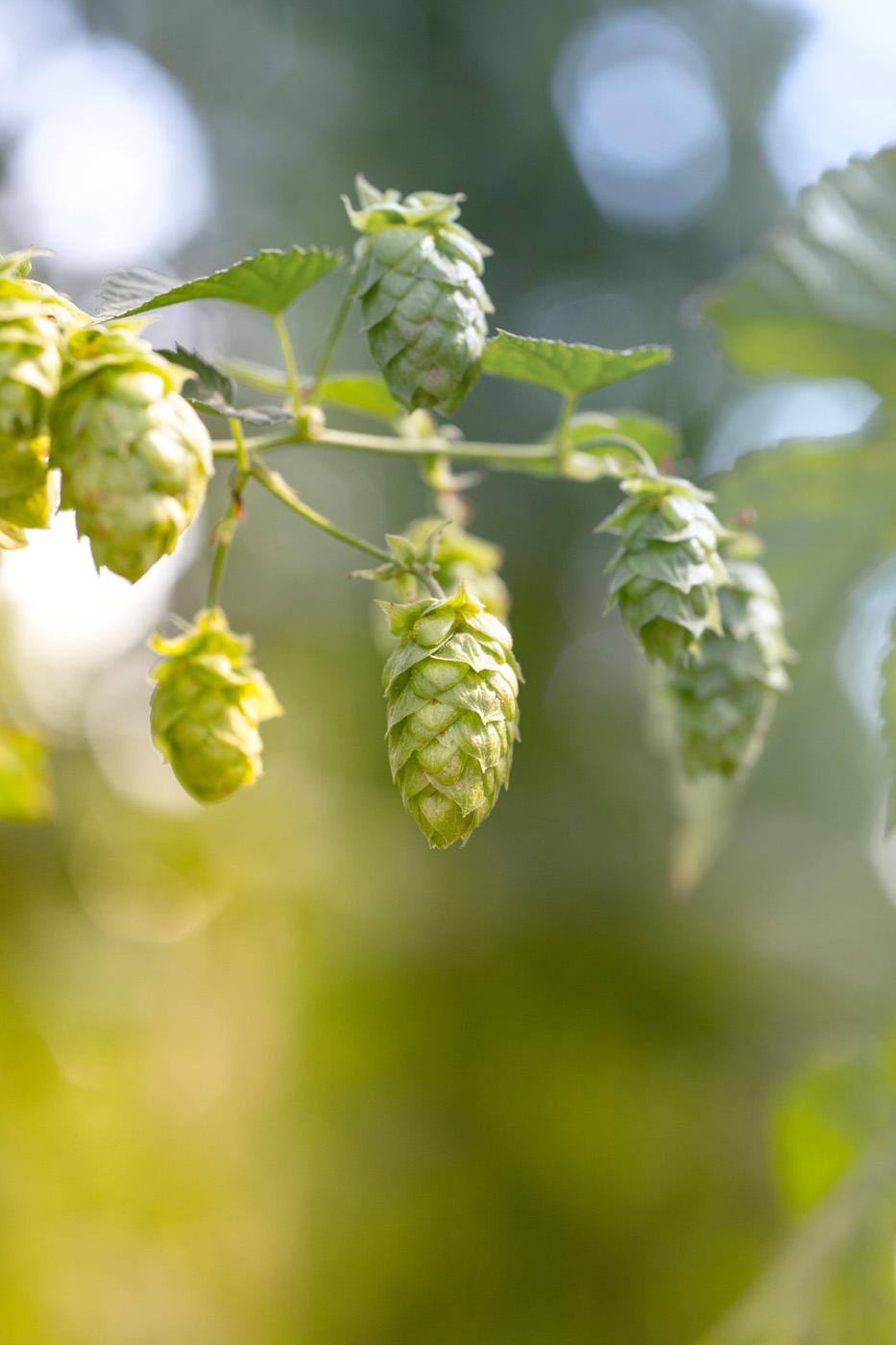
Encouraging Restful Sleep, Naturally
If you need extra help in achieving sound, restorative sleep, the 4 herbs below plus magnesium glycinate are included in my potent Sleep Blend Tincture.
Hops (Humulus lupulus)
Hops isn’t only for brewing beer, it is also a potent sedative that is an outstanding remedy for sleep issues and anxiety. What’s more, hops lowers body temperature, thereby encouraging relaxation and increased sleep time. Hops also boosts the production of the neurotransmitter gamma-aminobutyric acid (GABA), a calming brain chemical. When combined with valerian, this herbal duo supports deep, restful sleep and helps to defeat the symptoms of insomnia.
Valerian (Valeriana officinalis)
Valerian is known for calming the nervous system and improving the quality and length of sleep. It increases levels of GABA, soothes stress and anxiety, and helps you to fall asleep faster. In fact, a double-blind study of valerian root found that “44% [of the participants] reported perfect sleep and 89% reported improved sleep from the preparation” without any side effects. Valerian also assists with menopause-related sleep issues.
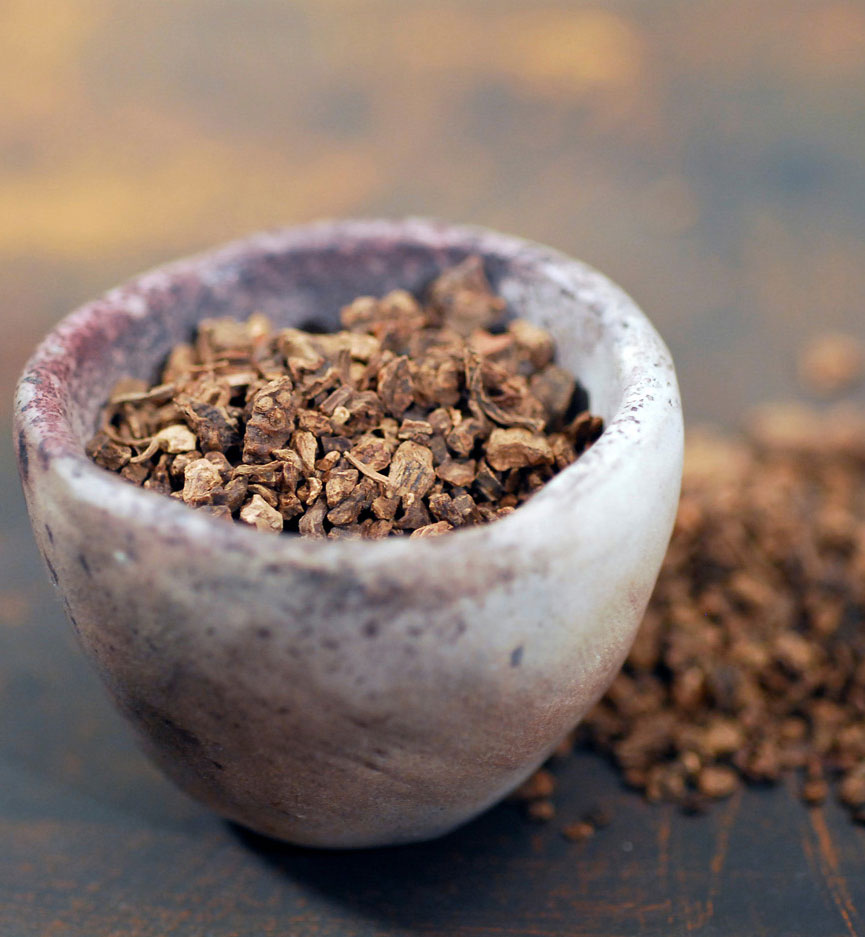
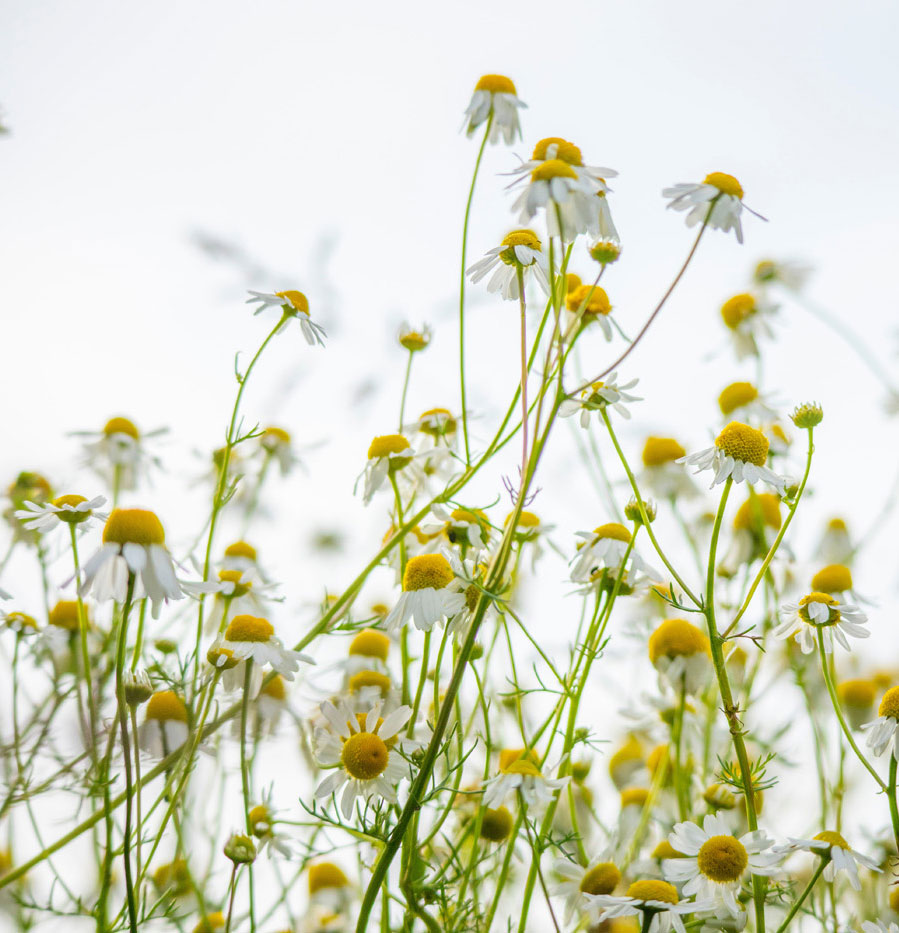
German Chamomile (Matricaria chamomilla)
A lovely herb with cheerful white flowers and a sunny central disk, chamomile is a popular remedy for gently calming the nervous system and easing stress. It contains the antioxidant apigenin, which can help to induce sleep. Additionally, chamomile’s antispasmodic action relaxes the muscles and soothes body aches that may cause sleep disruption.
Passionflower (Passiflora incarnata)
A stunning flower with a long history of use, passionflower helps with a variety of health concerns — including insomnia, ADHD, and anxiety. Similar to hops and valerian, passionflower boosts the production of GABA to improve sleep, enhance mood, and relieve pain. It also reduces the severity of sleep-disrupting menopausal hot flashes and depression.
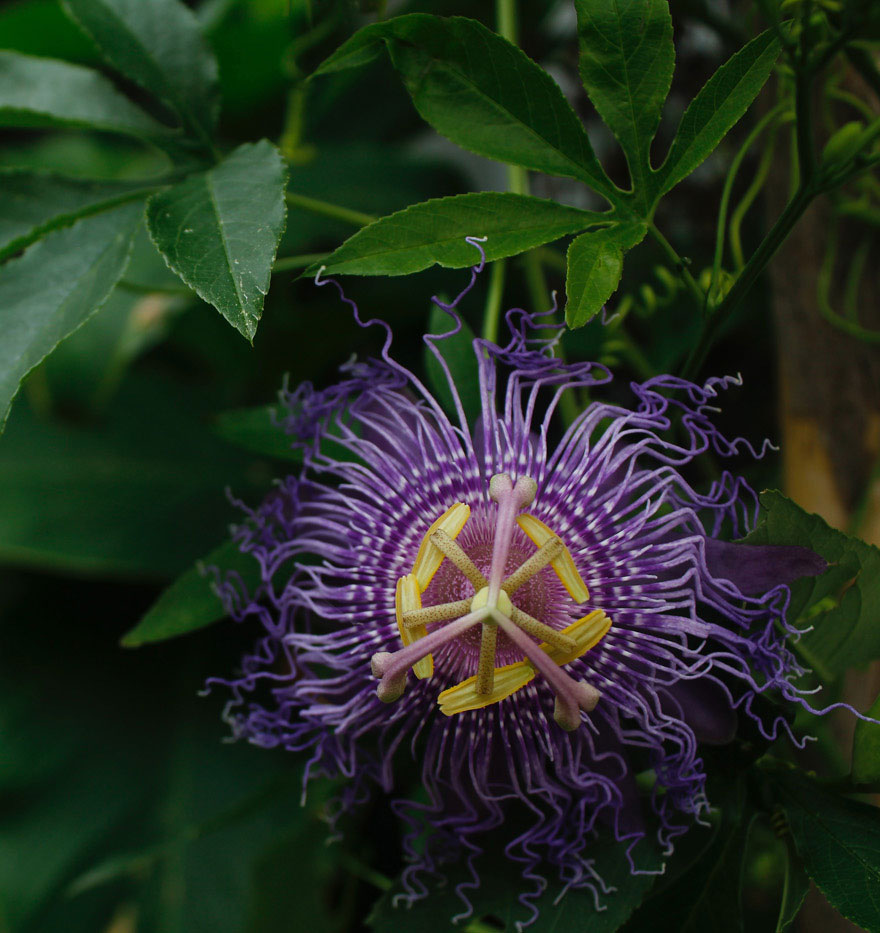
Magnesium Glycinate
A sleep-inducing amino acid, glycine encourages better sleep quality and supports healthy REM sleep patterns. Incredibly, a study published in 2020 found that supplementing with magnesium glycinate provided rapid recovery from major depression in under seven days and helped to alleviate related mental health conditions such as insomnia, anxiety, and irritability. It also assists in the production of melatonin, the sleep hormone. Moreover, magnesium glycinate relieves muscle tension and relaxes the body. It is considered one of the most absorbable forms of magnesium available.
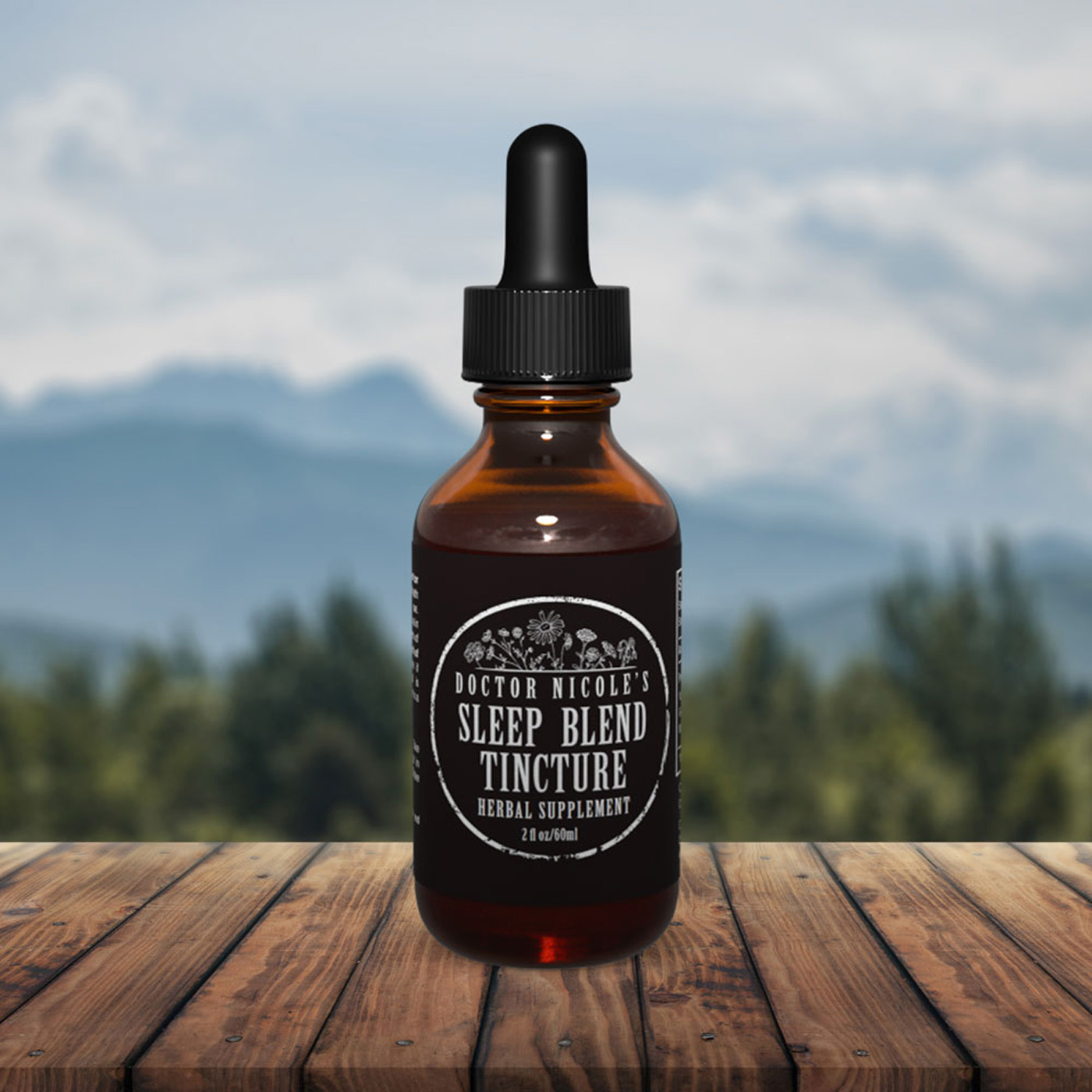
Effective Herbal Sleep Support
Formulated to help you fall asleep faster and stay asleep longer, my Sleep Blend Tincture is a convenient, easy-to-use blend of hops, valerian, German chamomile, passionflower, and magnesium glycinate. Visit the apothecary today to read about these outstanding herbs for promoting deep, rejuvenating sleep.
Interested in learning more? Have a look at this post for additional resources to encourage sound sleep.
Nicole Apelian

